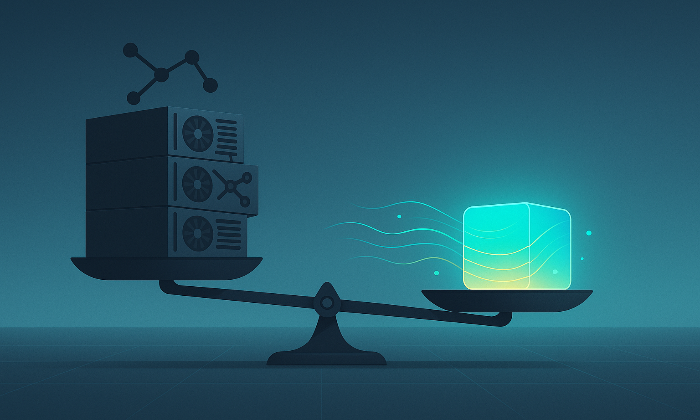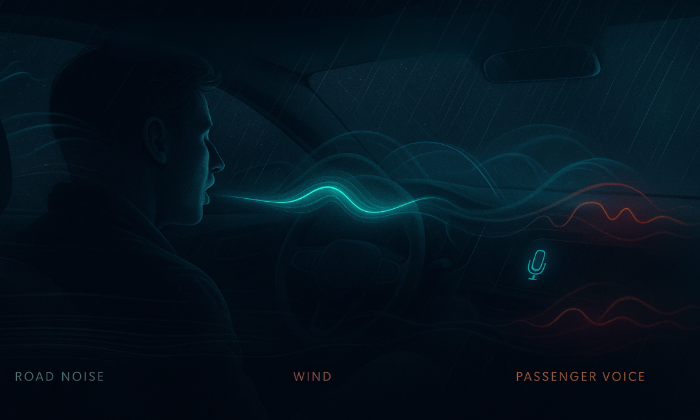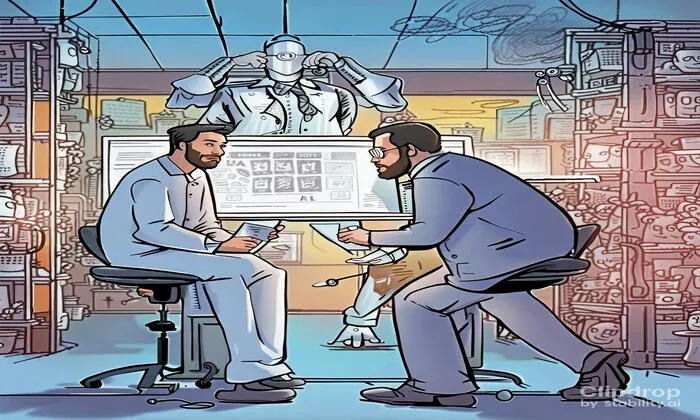What is a voice cloning dataset?
Voice Cloning
AI Training
Speech AI
Voice cloning datasets are collections of high-quality audio recordings used to train AI algorithms to replicate an individual's voice. These datasets play a crucial role in developing speech synthesis models that can produce speech mimicking the nuances of a target speaker's vocal characteristics, even if the person hasn't spoken the specific words being synthesized.
Why Quality and Diversity Matter
High-quality and diverse data are pivotal for effective voice cloning. FutureBeeAI ensures recordings are studio-grade, capturing clear and noise-free audio, typically in WAV format with a sample rate of 48kHz or higher. This precision is essential to prevent background noise and distortion, which can degrade model performance.
Diversity in datasets—encompassing different accents, dialects, and emotional tones—ensures that the synthesized voice can adapt to various contexts and user demographics. FutureBeeAI excels in providing datasets that include a wide range of speakers, enhancing the naturalness and relatability of AI-generated speech.
Real-World Applications
Voice cloning datasets have transformative applications across multiple sectors:
- Virtual Assistants: Personalized voices that enhance user interaction and engagement.
- Entertainment: Unique character voices for video games and animation.
- Accessibility: Voice restoration for individuals with speech impairments, offering them a personalized communication tool.
Key Trade-offs in Dataset Development
Creating a robust voice cloning dataset involves balancing several factors:
- Quantity vs. Quality: While large datasets might seem beneficial, it's more effective to focus on high-quality recordings. FutureBeeAI emphasizes meticulous data curation and quality assurance to maintain dataset integrity.
- Ethical Considerations: Ethical use of voice data is paramount. FutureBeeAI ensures all voice contributors provide informed consent and adheres to strict legal and privacy standards, avoiding any unauthorized use of public figures' voices.
Frequent Pitfalls in Creating Voice Cloning Datasets
Common mistakes in dataset creation include:
- Limited Speaker Diversity: Overlooking the inclusion of varied voices can lead to models that perform poorly in diverse real-world scenarios.
- Inadequate QA Processes: Skipping thorough quality assurance can introduce errors that affect model output. FutureBeeAI's multi-layer human QA process, including manual waveform inspection, mitigates these risks.
FutureBeeAI's Role in Voice Cloning
As a trusted data partner, FutureBeeAI provides ethically sourced, high-quality voice data crucial for training advanced AI models. We connect AI teams with verified voice contributors, ensuring compliance and delivering datasets that meet stringent quality standards. Our expertise enables the development of expressive, multilingual voice systems, positioning us as a leader in AI data solutions.
FAQs
What types of recordings are typically included in a voice cloning dataset?
Voice cloning datasets often include a mix of scripted speech, unscripted conversations, and emotionally varied recordings to capture a comprehensive range of vocal characteristics.
How can ethical concerns be addressed when creating voice cloning datasets?
Ethical concerns can be addressed by ensuring informed consent from all voice contributors, implementing strict data usage agreements, and avoiding the use of voices from public figures without explicit permission.
By focusing on these aspects, FutureBeeAI ensures that our datasets are not only technically robust but also ethically sound, supporting the development of advanced and responsible AI applications.
What Else Do People Ask?
Related AI Articles
Browse Matching Datasets
Acquiring high-quality AI datasets has never been easier!!!
Get in touch with our AI data expert now!








